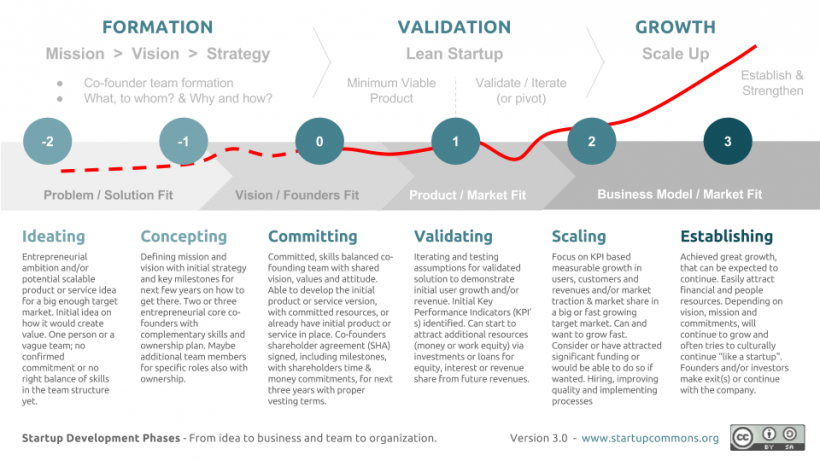As we into toward 2017, I think there is one thing the Atlantic Canadian startup community needs to focus on in the New Year to maintain the momentum that’s been building.
It should focus on bigness.
There are now big and growing venture-capital-backed companies in the region, and there will be more of them a year from now. The expansion of large startups has far greater economic impact than the launch of a lot of small companies. So the goal must be to focus on the promotion and mentorship of these companies.
The easiest part of this is promoting the idea that there are successful high-growth companies in Atlantic Canada. And these large companies themselves should be getting more involved in getting the word out.
“Our philosophy here is to grow these companies,” Calvin Milbury, the president and CEO of the New Brunswick Innovation Foundation, said earlier this year. “It’s those companies, the ones that are growing quickly over a period of time, that are creating wealth in the economy.”
The fact is that Atlantic Canadian companies are securing more multi-million-dollar funding rounds than ever before. Last week, Halifax’s TruLeaf Sustainable Agriculture Ltd. announced an $8.5 million equity financing. That’s on top of Fredericton-based Resson raising US$11 million in a funding round led by Monsanto Growth Ventures, and Kinduct Technologies of Halifax raising US$9 million, led by Intel Capital.
It’s easy to identify at least five or six companies around the region that could announce similar funding in 2017. It means that investment vehicles from outside Atlantic Canada see the opportunity in some of the best companies here and are willing to make big bets.
But there is still a perception problem. Atlantic Canada is now seen as an intriguing base for young companies but it hasn’t quite arrived. When Deloitte recently announced its 2016 Fast 50 Technology companies, there wasn’t a single Atlantic Canadian company in the list, which is based on three years of funding.
TruLeaf Closes $8.5M Funding Round
The community overall needs to do more to show the abundance of growth-stage companies existing here — companies with more than $2 million in revenue whose sales are doubling annually or close to it. Our economy needs more of these big funding rounds. The bigger companies — who benefited from the support of the community in their earlier stages — should be helping to showcase the size of local ventures.
First, these big companies need to show up and present at the conferences in the region, like Startup Empire, Atlantic Venture Forum and Invest Atlantic. Investors that bother to attend have got used to seeing seed stage companies and need to be shown the successful companies too.
Second, these bigger companies need to be more active in applying for high profile contests like the EY Entrepreneur of the Year competition and the Deloitte Fast 50.
And finally, some thought should be given to an event in Toronto, Boston, New York or San Francisco showcasing these companies. The minimum bar should be something like $2 million in annual sales and looking for $8 million in funding. We should be showing what is happening here to growth stage venture capital investors in their cities.
Government bodies should be looking for ways to support these growth companies, and the help should concentrate on something other than financial support. One way to help is to work with these larger companies to make external funders understand the potential in the region.










